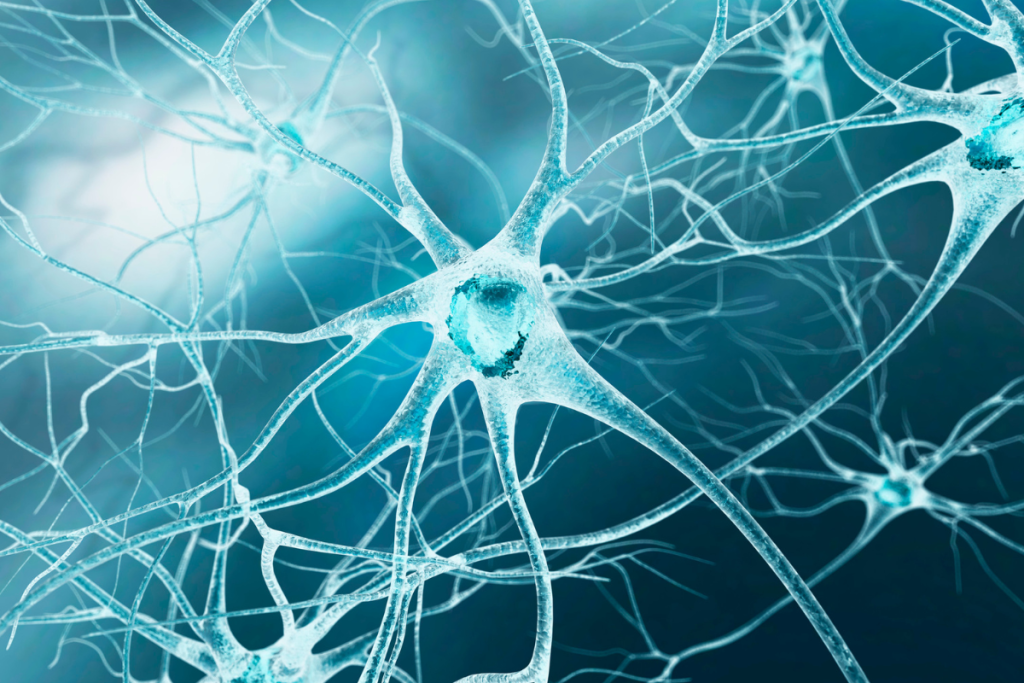
An investigational drug, ulefnersen (also known as jacifusen), has demonstrated remarkable efficacy to treat an aggressive and rare type of Amyotrophic Lateral Sclerosis (ALS), which is caused by a specific genetic mutation. Some patients treated with ulefnersen have shown exceptional functional improvements and offer a new hope for a condition previously considered fatal. Dr. Neil Shneider, a Columbia scientist and neurologist, conducted research that led to these amazing findings, which were recently published in The Lancet. The results represent a significant breakthrough in ALS treatment.
Dr. Shneider, a well-known ALS researcher, has found that unexpected functional improvements in several patients signal a potentially transformative step for ALS research and patient care. The investigational treatment was developed in collaboration with Ionis Pharmaceuticals, which targets a rare type of ALS associated with a mutation in the FUS gene. Although these mutations account for only 1 to 2 % of the ALS cases, they are among the most aggressive types of disease. It affects young adults and adolescents. Toxic FUS proteins accumulate in the motor neurons and lead to the eventual patient’s death. This unexpected recovery is motivating and surprising for ALS research, patients, and the community.
A case study involving 12 patients treated with ulefnersen revealed outstanding success stories for a unique type of ALS. Two patients, a young man and a woman in his mid-30s, had experienced exceptional results. One woman who has been getting injections since 2020 has recovered the capacity to walk unassisted and breathe without the need for mechanical ventilation, surpassing all previous known patients with this juvenile-onset variant of FUS-ALS. The man, who began therapy while asymptomatic but showing early electrical signs of ALS in his muscles, has remained symptom-free for over three years. His abnormal muscle electrical activity has also significantly improved.
Additionally, the findings showed a substantial reduction in the neurofilament light, a biomarker for nerve injury, by up to 83% throughout the patient sample following six months of therapy. While many symptomatic patients with this aggressive form of ALS did not survive, others experienced slowed disease progression and extended survival due to the treatment.
Ionis Pharmaceuticals has financed a global clinical study of ulefnersen, an antisense oligonucleotide (ASO) that silences the FUS gene and reduces the production of both harmful and normal FUS proteins. The drug was initially created to treat a single patient, Jaci Hermstad of Iowa, whose identical twin had died from the same condition. Since 2019, more than 25 patients worldwide have received ulefnersen through compassionate use programs, including the 12 individuals featured in The Lancet study.
Ionis Pharmaceuticals is now sponsoring a global clinical trial of ulefnersen, further evaluating its potential to alter the course of this devastating disease.
Reference: Open Access Government. Experimental drug ‘Ulefnersen’ offers unprecedented hope for rare form of ALS. Published May 23, 2025. Accessed May 26, 2025. Experimental drug ‘Ulefnersen’ offers unprecedented hope for rare form of ALS












